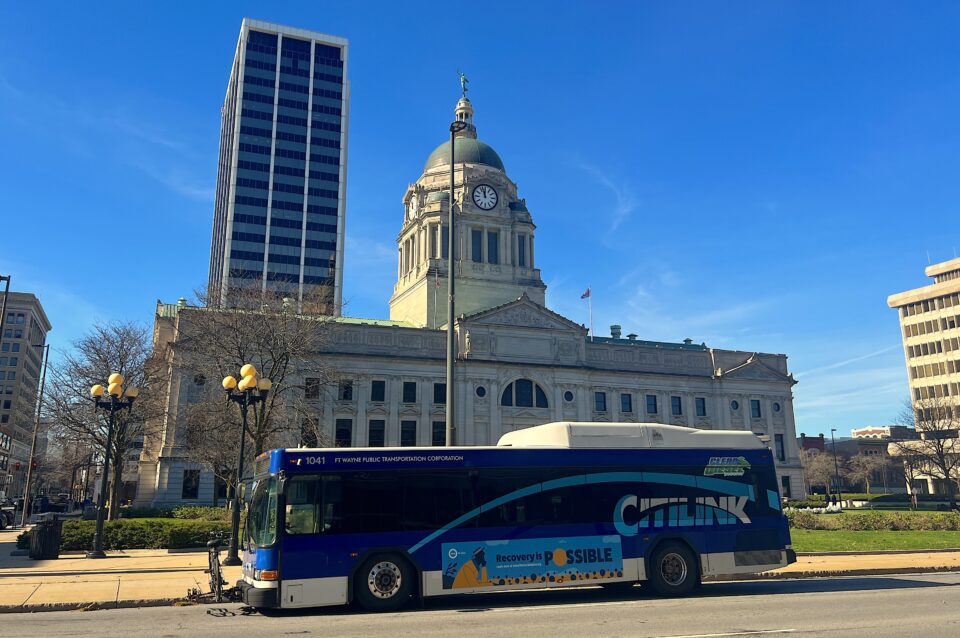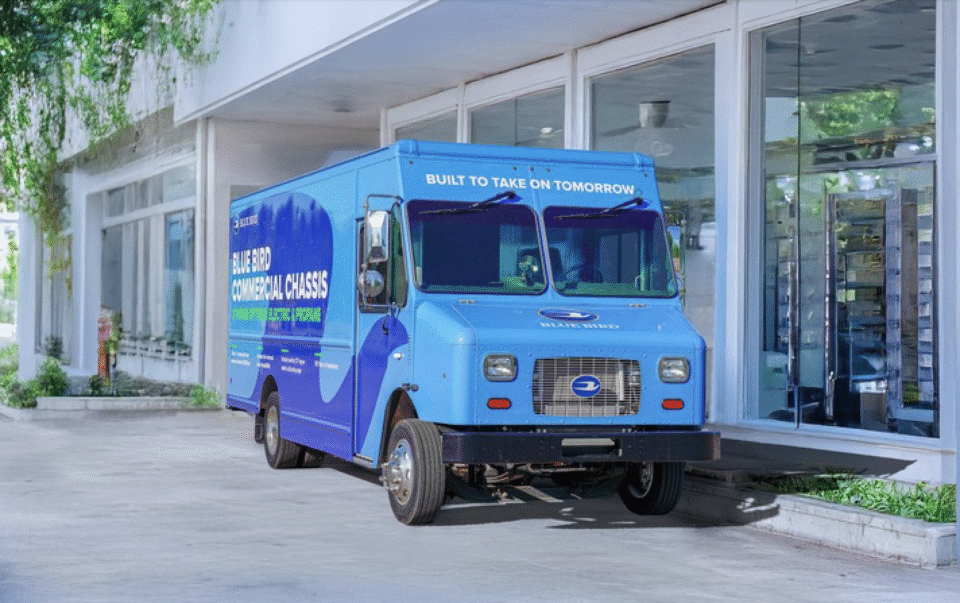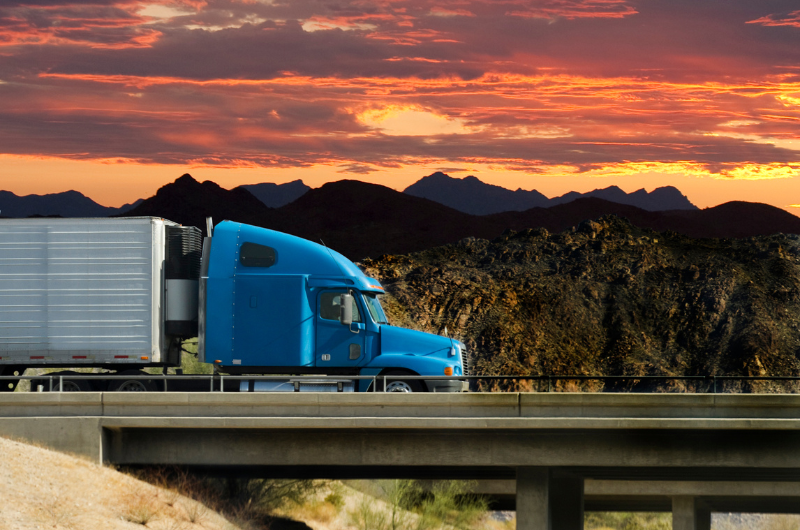UPS: Building an Alternative Fuel and Advanced Technology Fleet
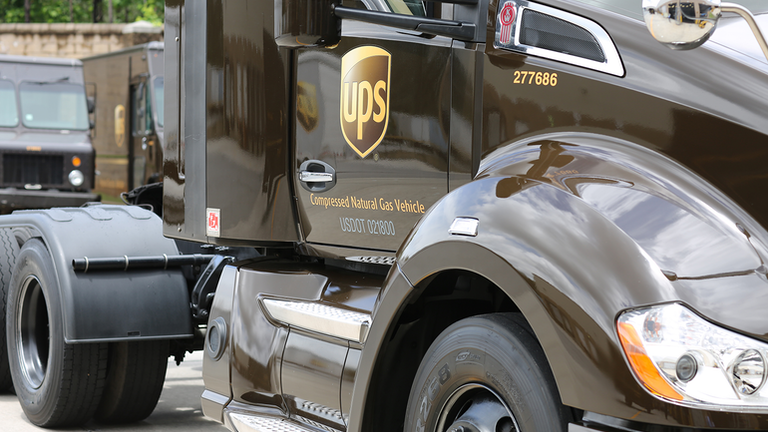
UPS has established itself as a leading multinational package delivery and supply chain management company, moving 6% of U.S. GDP and 3% of global GDP every day. While shipping billions of packages per year, UPS has chosen to contribute to cleaner air by investing in alternative fuel and advanced technology vehicles.
Over the past 10 years, UPS has invested more than $1 billion in its specialized fleet and fueling stations to help meet its target of reducing absolute greenhouse gas emissions by 12% across its ground operations by 2025. Of its fleet of 125,000 package vans, trucks, motorcycles and tractors, UPS has more than 11,000 alternative fuel vehicles. UPS deploys vehicles from its Rolling Laboratory, utilizing technologies that work best depending on the needs of the delivery route. From old-fashioned pedal power and electric-assisted bicycles in dense urban areas like London and Hamburg, to electric, hybrid-electric, natural gas, renewable natural gas (RNG) and propane-powered vehicles in the U.S. and around the globe, UPS puts sustainability innovation into action, all over the world.
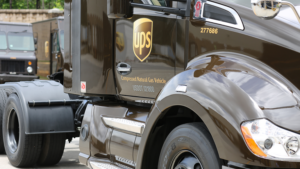 Natural gas is a proven alternative fuel to gasoline and diesel, and is a key building block for UPS’s goal to reduce greenhouse gas emissions in its ground fleet. UPS operates more than 7,600 natural gas vehicles in the U.S. and is using both liquefied natural gas (LNG) and compressed natural gas (CNG) as bridging fuels to increase its use of renewable natural gas. RNG yields up to a 90% reduction in lifecycle greenhouse gas emissions when compared to conventional diesel and will help UPS meet its 2025 sustainability goals.
Natural gas is a proven alternative fuel to gasoline and diesel, and is a key building block for UPS’s goal to reduce greenhouse gas emissions in its ground fleet. UPS operates more than 7,600 natural gas vehicles in the U.S. and is using both liquefied natural gas (LNG) and compressed natural gas (CNG) as bridging fuels to increase its use of renewable natural gas. RNG yields up to a 90% reduction in lifecycle greenhouse gas emissions when compared to conventional diesel and will help UPS meet its 2025 sustainability goals.
UPS has entered into a six-year RNG supply agreement with Kinetrex Energy, an Indianapolis-based liquefied natural gas company that provides energy solutions Over the life of the contract, the agreement will supply UPS with up to 52.5 million gallon equivalents of RNG for Class 8 vehicles throughout the Midwest. The RNG will be supplied from Kinetrex Energy’s Indy High BTU RNG plant, fueling UPS’s LNG-powered fleets in Chicago, Toledo, Columbus, St. Louis and Indianapolis. The agreement also allows Kinetrex to supply UPS an additional 50 million gallons over the same period as Kinetrex develops additional RNG plants. UPS entered into a similar contract with TruStar Energy, purchasing up to 27.5 million gallon equivalents of RNG over the life of the contract, to be used in California. Over the next seven years, UPS has agreed to purchase 250 million gallon equivalents of RNG total, making UPS the largest consumer of RNG in the transportation industry. The agreements help put UPS on track to nearly triple the company’s annual use of RNG and are a direct reflection of UPS’s ongoing commitment to help shape the renewable natural gas industry.
UPS recently announced plans to purchase over 6,000 natural gas-powered trucks through 2022. This three-year commitment represents a $450 million investment in expanding the company’s alternative fuel and advanced technology vehicle fleet as well as the supporting infrastructure. Buying these vehicles is important since CNG vehicles can interchangeably use RNG and conventional natural gas so building CNG fleet capacity is vital to increasing the company’s use of RNG.
UPS continues to build its smart logistics network of advanced technology vehicles and facilities powered by more diverse and sustainable energy sources, including on-site solar, off-site wind, renewable natural gas, renewable hydrogen, and renewable diesel delivered via advanced energy system infrastructure. UPS already deploys many of these technologies in its ground fleet and facilities, and plans to significantly increase their use in its worldwide fleet.
UPS has been a long-standing Leader Member of Greater Indiana Clean Cities and supports our efforts and mission to advance alternative, domestic fueled transportation including energy efficient technologies across all sectors in Indiana.
For more information on UPS, visit ups.com, pressroom.ups.com, or stories.ups.com.


